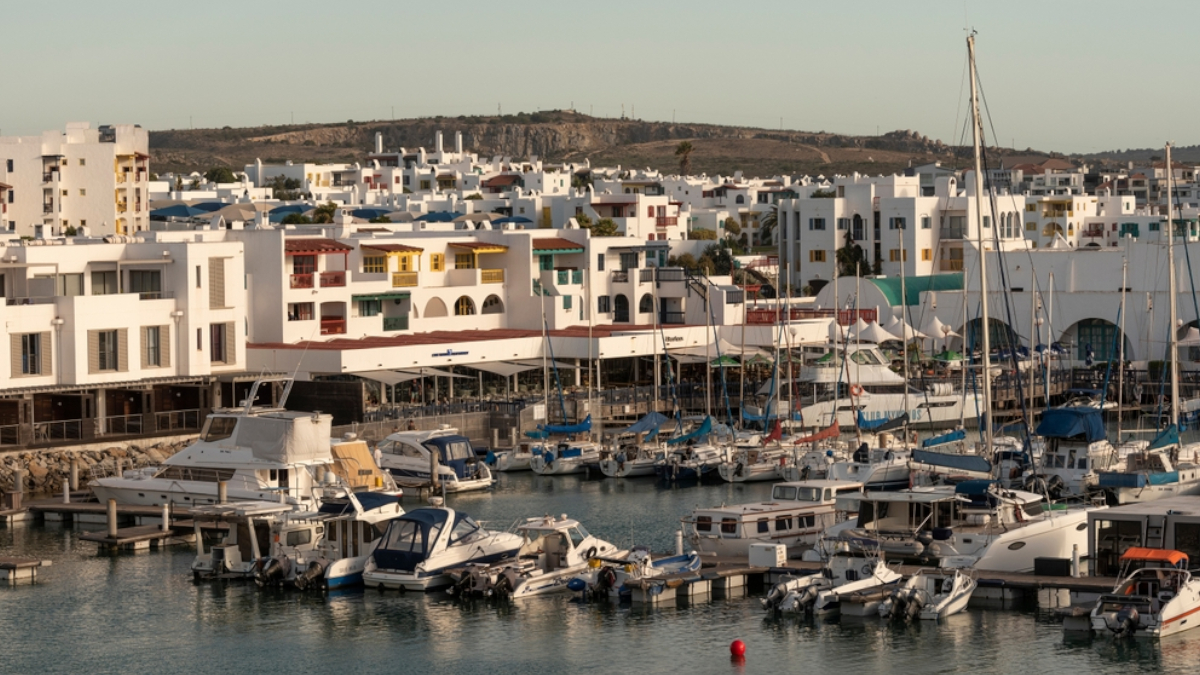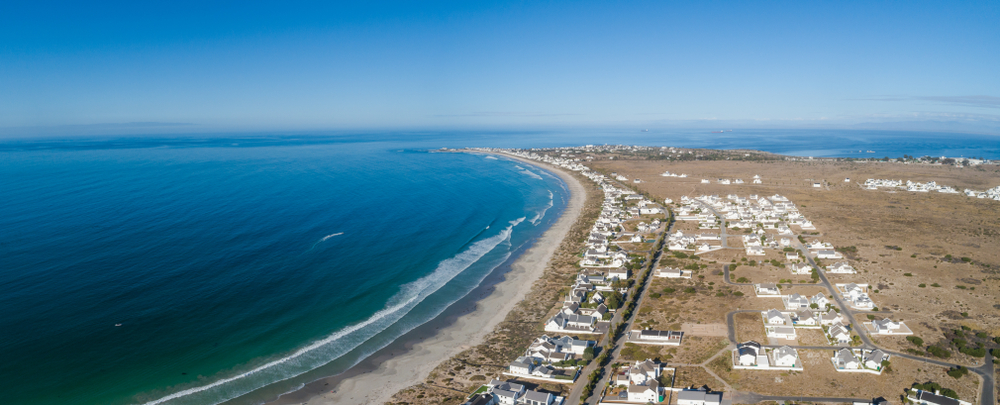Dark clouds over major municipal fibre project

The decision to have a single fibre network operator (FNO) roll out and manage its entire fixed fibre network in a first-of-its-kind project in South Africa could come back to haunt one of the West Coast’s biggest local municipalities.
The Saldanha Bay Municipality (SMB) — which governs Saldanha, Vredenburg, Langebaan, Hopefield, St Helena Bay and several small towns — appointed Zoom Fibre to build and run its open-access fibre network nearly six years ago.
The move formed part of SMB’s Baobab proof-of-concept project, a joint initiative through the Saldanha Bay Innovation Helix programme, Stellenbosch University, and the private sector.
The idea behind the project was that Saldanha Bay would “reclaim its legal and regulatory rights” to own fibre infrastructure as a utility and leverage the technology as a new municipal revenue stream.
The municipality punted the project’s business model as innovative and said it would be underpinned by fair competition amongst private sector service providers, to the benefit of residents.
In March 2023, the project reached a major milestone: All seven towns in the municipal area were provided with access to the network.
“The Baobab end-user community has reported that they appreciated the freedom to select from different Internet Service Providers (ISPs) and that they enjoyed the increased telecommunication speed and reliability of the new network,” the municipality said.
Fast-forward to early 2025, and Zoom Fibre has been come under fire from several of its partner ISPs and customers for package changes, which are expected to severely affect the vast majority of its customers’ prices.
Zoom Fibre plans to discontinue its 15Mbps, 20Mbps, and 30Mbps lines — which are estimated to be used by over 70% of its customers.
It will force-upgrade customers on these packages to its 50Mbps product, effective June 2025.
ISPs are being forced to double monthly fees for those on the most Zoom Fibre products.
Although the FNO has not provided reasons for the overhaul, several sources with no direct links to each other have independently alleged that Zoom Fibre is in deep financial distress.
A disgruntled Vredenburg resident said Zoom Fibre’s problems were disrupting small ISPs and negatively impacting residents in SMB, instead of supporting and empowering the West Coast’s smart city infrastructure.
They emphasised that the municipality was known for its relatively low household income, making its residents particularly vulnerable to these changes.
“It is having a detrimental impact on the livelihoods of people across various age groups and income brackets,” the resident said.

Zoom Fibre denies having exclusivity
The resident also alleged that the municipality had given Zoom Fibre the “exclusive” right to roll out fibre infrastructure in the town.
However, Zoom Fibre told MyBroadband that this was false and described the accusation as “slanderous” and “irresponsible.”
The FNO said that the municipality had a “one trench” policy, which is applied across the Western Cape, and that Zoom Fibre had met all the municipality’s requirements on that front.
However, another major FNO told MyBroadband that these requirements included that FNOs use micro trenching, a technique wherein fibre is installed directly under road surfaces rather than in ducts.
The latter is the preferred approach in major metros, where multiple fibre network operators share the same duct for their cabling.
The FNO in question said it also applied to roll out fibre in Saldanha Bay three or four years ago but its wayleave applications were denied — allegedly with no valid reason.
While the provider in question left the matter, Zoom Fibre let slip that another telecoms licensee has launched legal action against the municipality over the project.
“This right by the municipality is currently being weighed against the right of a licence holder’s complaint, which is essentially that it does not allow for competitive behaviour,” the FNO said. “The matter is pending litigation before the court.”
Zoom Fibre said that the regulating mechanism of the working relationship between itself and the municipality was not an agreement between the parties but a consequence of the municipality’s policy.
The FNO said the municipality had the right to formulate and implement that policy.
Saldanha Bay Municipality had not provided feedback on MyBroadband’s questions about whether the agreement prevented other FNOs from rolling out in the same areas as Zoom Fibre.
































